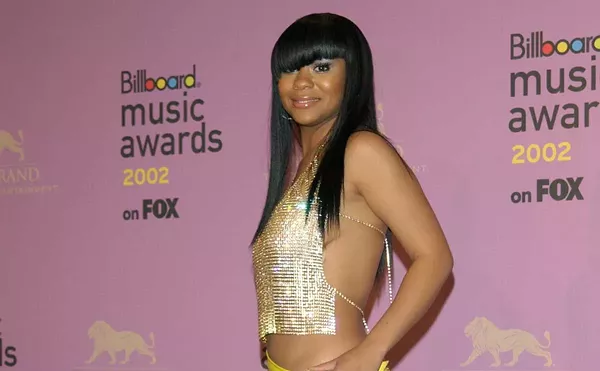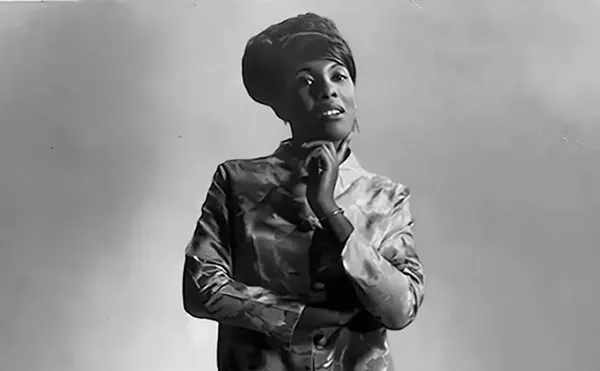Marvin Gaye estate to Robin Thicke: Copyright laws 'give people the incentive to write original songs'

Audio By Carbonatix
[
{
"name": "GPT - Leaderboard - Inline - Content",
"component": "35519556",
"insertPoint": "5th",
"startingPoint": "3",
"requiredCountToDisplay": "3",
"maxInsertions": 100,
"adList": [
{
"adPreset": "LeaderboardInline"
}
]
}
]
Following a jury's ruling last week that Robin Thicke, Pharrell Williams, and T.I.'s 2013 hit "Blurred Lines" infringed on Marvin Gaye's "Got to Give It Up," the Gaye estate released a statement Wednesday. The letter — signed by Gaye's children Nona, Frankie, and Marvin Gaye III — addresses the "so-called 'larger' ramifications" that some fear the case will have on the music industry, and goes on to deny rumors that they are also seeking legal action over Pharrell's "Happy."
It has been nearly 38 years since its initial release: tastes change, trends evolve, but we should all be able to agree that it’s a testament to the enduring power of “Got to Give It Up” that we have arrived at this juncture with Mr. Thicke and Mr. Williams, at all. The fact that they have openly acknowledged their respect and admiration for the song is public knowledge, and further proof of its resonance with an entirely new generation of music fans.
However, most songwriting begins with an organic approach; a songwriter brings his or her influences to the table and then works creatively from a blank slate in the crafting of their song to ensure originality and the integrity of their creation. If Mr. Thicke and Mr. Williams had tried to create a new song and coincidentally infused “Got to Give It Up” into their work, instead of deliberately undertaking to “write a song with the same groove," we would probably be having a different conversation.
Like most artists, they could have licensed and secured the song for appropriate usage; a simple procedure usually arranged in advance of the song’s release. This did not happen. We would have welcomed a conversation with them before the release of their work. This also did not happen.
Instead of licensing our father’s song and giving him the appropriate songwriter credit, Robin Thicke and Pharrell Williams released “Blurred Lines” and then filed a pre-emptive lawsuit against us, forcing us into court. They sought to quickly affirm that their song was “starkly different,” than “Got to Give It Up.” The Judge denied their motion for Summary Judgement, and a jury was charged with determining the “extrinsic and intrinsic similarities” of the songs. The jury has spoken.
Read the full letter over at Rolling Stone.
The court awarded the Gaye estate $7.4 million in compensation for the infringement. Howard E. King, Thicke's attorney, has said he plans on appealing the verdict. The Gaye estate's attorney has also filed a motion to hold T.I. and label Interscope liable for infringement, and the Gaye estate reportedly wishes to prohibit sales of "Blurred Lines" until an agreement on how to split royalties is reached.
As many observers have pointed out, the case could set a precedent that some regard as dangerous to artists (no musician — or any artist — creates art in a vacuum). One music critic wrote, "By this logic, the Bob Marley estate can sue pretty much every reggae artist of the past 30 years. The Bo Diddley estate can sue George Michael for 'Faith' and Bow Wow Wow for 'I Want Candy.' Phil Spector can sue The Raveonettes for their entire catalog."






